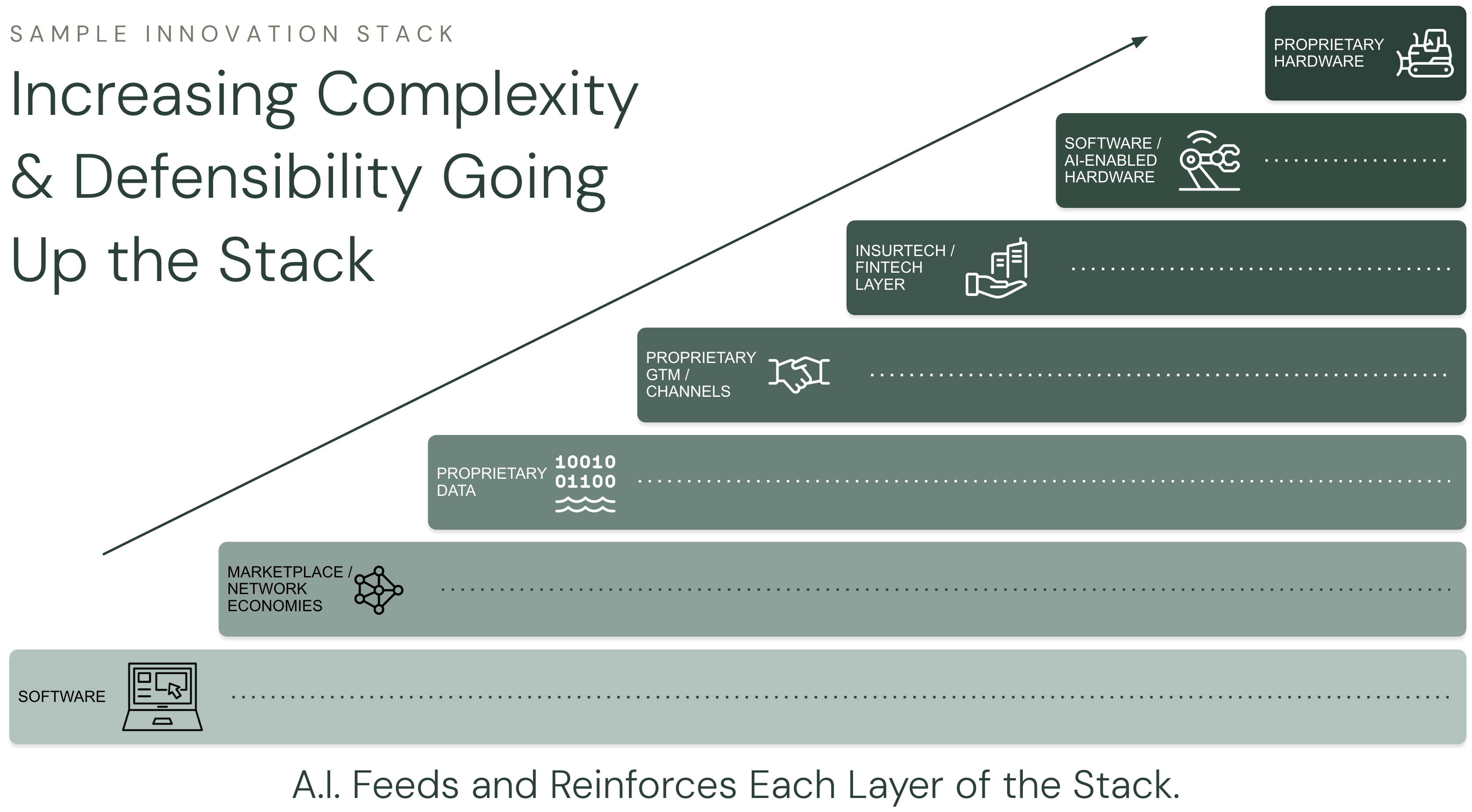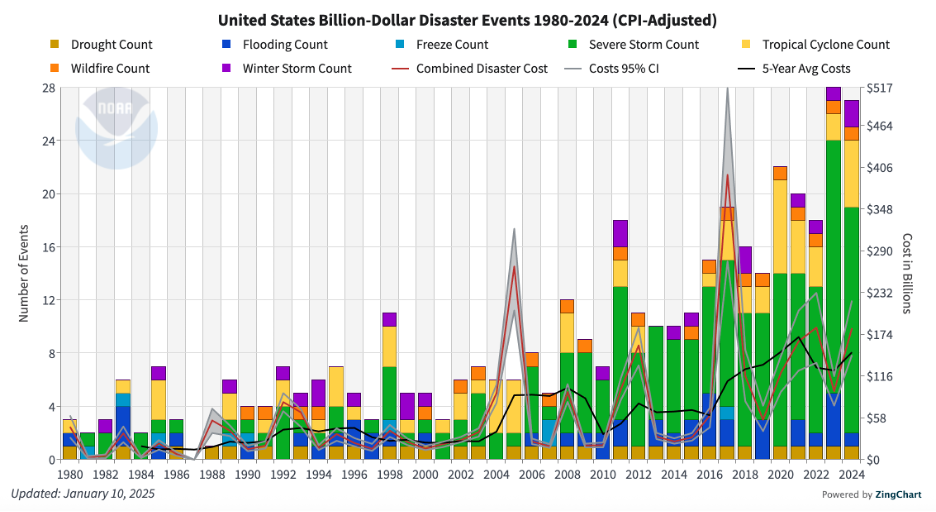Lessons From The Greats: Bill Gurley
By
Virta Ventures
ON
December 2, 2023

Bill Gurley was a General Partner at Benchmark until 2020. His investments include GrubHub, NextDoor, Open Table, Yelp, Zillow, and Uber. Benchmark’s $9m investment in Uber in 2011 would be currently valued at $7bn. Some of his most valuable lessons:
Focus on what could go right. “It’s called asymmetric returns. If you invest in something that doesn’t work, you lose one times your money. If you miss Google, you lose 10,000 times your money. You have to orient yourself toward, ‘What could go right?’.” In our investment memos, we look at what could go wrong and how a company can avoid those outcomes—but now we also plan to spend more time focusing on what could go right.
Marketplaces. Marketplaces are one of our favorite business models, and network economies are one of our favorite Powers. We’ve invested in two marketplaces with Fractal and Plug and are evaluating several others. Gurley’s 2012 blog post, All Markets Are Not Created Equal, offers ten factors to consider. One of the most critical for us: “Being part of the payment flow is superior to not being a part of the payment flow.” By being in the payment flow, the marketplace can take a slice directly out of the transaction, and the supplier receives the net amount. If a marketplace isn’t in the payment flow, they need to send a bill to the buyer and/or supplier, and the marketplace feels more like a tax than a service. Gurley’s blog has a more recent marketplace deep dive where he goes into the specifics of eBay, Uber, and more.
Be careful using rules of thumb. A VC rule of thumb in the early 2000s was that you shouldn’t back academics who insist on being CEO. As a result, Benchmark didn’t invest in Google, while Sequoia and Kleiner Perkins each invested $12.5M for 10%. They sold their stakes for over $4B—and if held to today they would be worth nearly $112B. So now we ask ourselves: what rule could it be wise to break in the case of a particular investment where we believe the upside is massive if/when things go very right? Do we accept less ownership? Take a bet on a nascent market and small TAM that may become really big?
Embrace peer relationships in your field. We recently watched Gurley’s talk, “Runnin' Down a Dream: How to Succeed and Thrive in a Career You Love.” A rewarding hour with many great lessons. Our favorite is to embrace peer relationships, which we’re doing in several ways, including sharing our pipeline every quarter. This has led to our making dozens of introductions between investors and founders, and to a number of firms now sharing their pipelines with us.
How to add value in board meetings. Only share advice where you have particular expertise. If someone else is more knowledgeable, you can always share an idea with the team later.
IPOs are typically a very high cost of capital. (Blog, podcast) Bill has made it his mission to argue against the IPO process. The average company that went public in 2020 was underpriced by 31%—it popped 31% on the first day of trading. This equates to an astounding cost of capital of 38%: 31% + 7% (IPO fees). This “pop” has historically been considered a positive signal, when in fact it’s just a one-day wealth transfer to banks and their clients. The two banks often considered the best for IPOs, Goldman and Morgan Stanley, are the worst offenders. There are many other routes to going public—direct listing, reverse auction, SPAC—which can be managed to far less underpricing and less dilution. We’ve shared these data with our angel investments and will keep it in our back pocket as the Virta portfolio matures.
More from Bill Gurley:
-Above the Crowd by Bill Gurley (his blog)
-Gurley on The Tim Ferriss Show and Interviewed by Tim Ferriss at SXSW
-Invest Like the Best with Patrick O'Shaughnessy: Bill Gurley – All Things Business and Investing (note: Gurley has done three other episodes with Patrick, they are all great)
insights
We regularly publish thought pieces where we share lessons from renowned investors and delve into strategies for investing in the transformation of vital physical industries.







